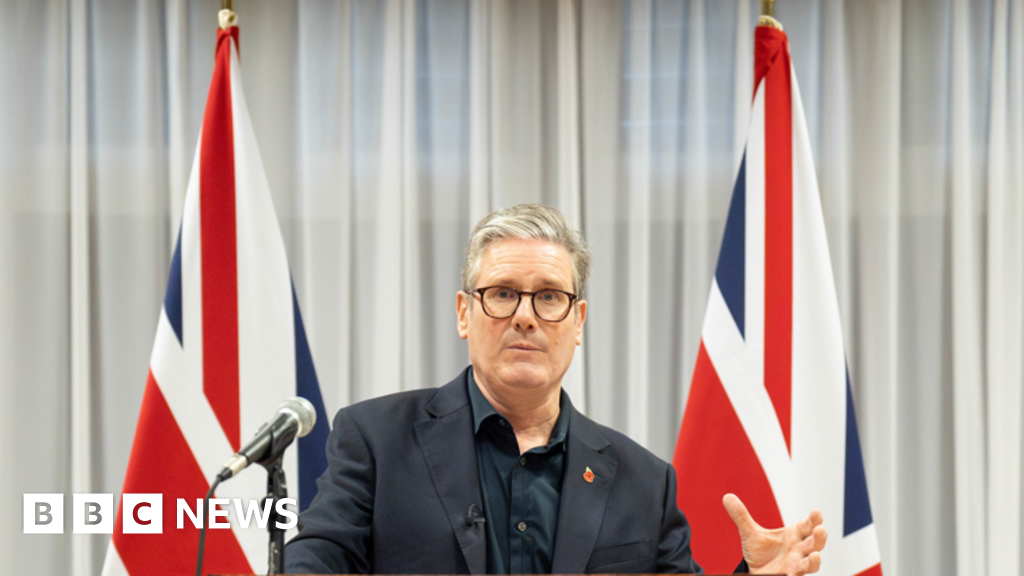The Budget will embrace the “harsh light of fiscal reality” but “better days are ahead”, Sir Keir Starmer will say in a speech ahead of Wednesday’s announcement.
The prime minister is expected to warn of “unprecedented” economic challenges but will say the government will “run towards them” as Labour prepares for its first Budget in almost 15 years.
The government is expected to announce a series of expected tax hikes, including a rise in the National Insurance (NICs) rate paid by employers which some claim breaks Labour’s manifesto pledge not to increase taxes for “working people”.
The Conservatives have accused Sir Keir of running a government of “broken promises”.
At a speech in the West Midlands on Monday, Sir Keir will argue that the country faces an “unprecedented” challenge of weak public finances alongside “crumbling public services”.
He will promise to face what he calls “the tough decisions”.
Speculation has been growing about the tax rises the chancellor will announce on Wednesday, with Rachel Reeves claiming there is a £22bn “hole” in the public finances left by the Tories.
Sir Keir will say: “We choose a different path: honest, responsible, long-term decisions in the interests of working people.”
The Labour party has faced criticism over an expected decision to extend a freeze on income tax thresholds beyond 2028, as well as confusion by what it means by the term “working people”.
The party had promised in its manifesto that it would not increase taxes on working people – explicitly ruling out a rise in VAT, national insurance and income tax.
But ministers have since come under pressure to spell out what that actually means.
On the BBC’s Sunday with Laura Kuenssberg, Education Secretary Bridget Phillipson was asked whether a small business owner making a profit of £13,000 would count as a working person.
She declined to go into detail but said that working people would not see higher taxes “on their payslip”.
However, leading economists have warned that it will be workers who eventually pay for the National Insurance rise.
Paul Johnson, the head of the influential Institute for Fiscal Studies think-tank, told the BBC’s Today programme that when employer National Insurance contributions go up, often they are “passed through to working people”.
He also suggested that in fact, employees may well be be more affected than self-employed people or small business owners by the potential change.
“Unless their taxes are raised in the same way that employer national insurance is going to be raised, that’s a very big tax rise that will effectively only impact workers,” he said.
The former Bank of England governor Lord King of Lothbury also said the debate about not putting taxes up for working people was a “terrible illusion”.
“Ultimately, they fall on the amount that people can spend and you only can raise significant amounts of money by raising taxes on most people, however you care to define that, but it’s most people will have to pay higher taxes,” he told Sky News.
Critics have argued that employees will also face a greater burden as the chancellor is expected to extend the freeze on income tax thresholds, which is currently due to end in April 2028 and sees people pulled into paying higher rates through a phenomenon known as “fiscal drag”.
Last week, Reeves signalled that businesses would face an increase in National Insurance, when she said Labour’s election pledge not to increase contributions on “working people” related to the staff element, as opposed to the sum paid by employers.
The government is also reportedly looking at increasing tax on asset sales, such as shares and property, as well as changing its own self-imposed rules on how its debts are measured in order to free up money for spending on infrastructure projects.
